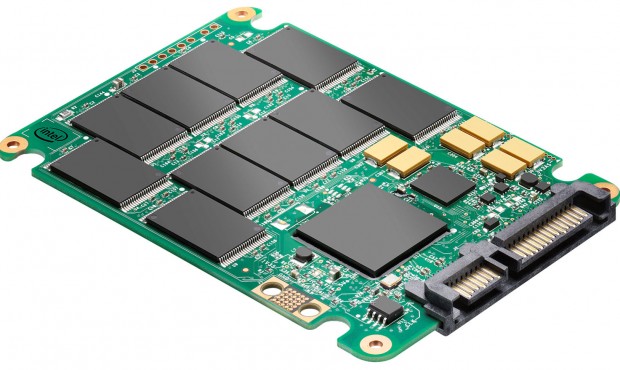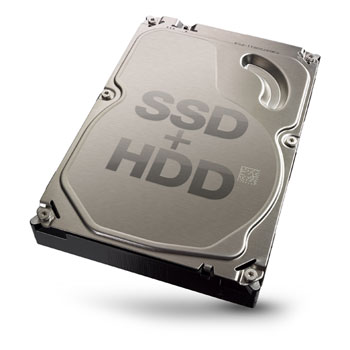Express IT Service & Emergency Help
Canada Calgary Data Recovery Lab
Questions? - Free phone consultation
Call us, Text, Voice Mail, Send picture
of your device to our cellphone to get
more accurate quote for your case.
With no obligation & free Estimate,
Can't be Recovered - No Any Charge
ACElab Certified,30YRS Experience,
Any RAID, NAS, - Evaluation is FREE
Data Transfer from single device $100
Any type media connector repair $150
Any Data Recovery Starts from $300




.png)
.png)






